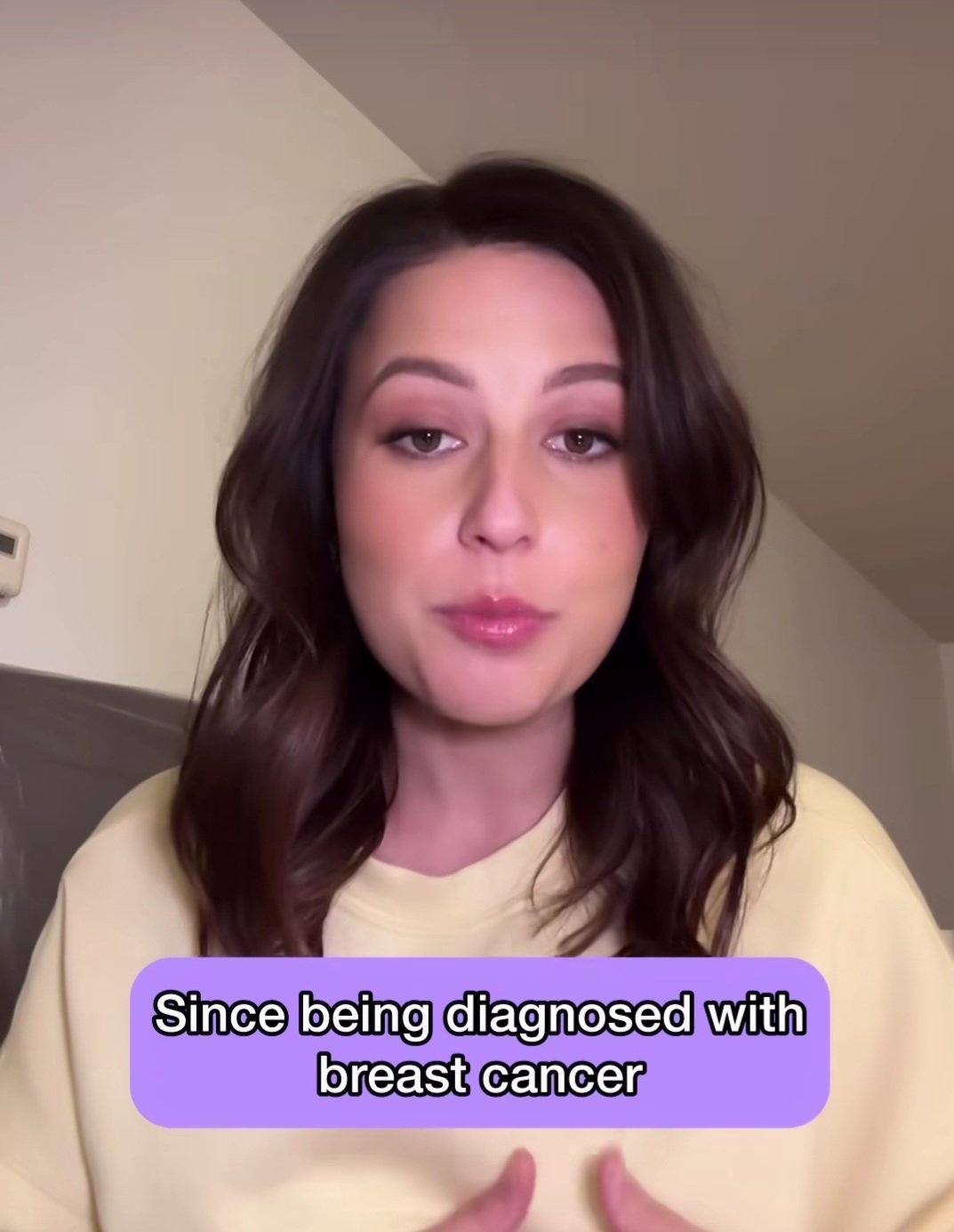What Is the Link Between Anxiety and Insomnia?

Anxiety and insomnia are pretty common problems affecting millions of people worldwide. But what many of them do not know is the deep connection between these two issues, creating a vicious cycle that is often difficult to break. This article discusses how anxiety and insomnia affect each other and why they are so closely related, along with some tips for treating both effectively for betterment in mental and physical health.
The Concept of Anxiety and Its Effects on the Body
In essence, anxiety is the body’s natural response to stress. It helps one react quickly to danger. Most people will become anxious at some point. Most people will discuss fear or anxiety disorders when that anxiety crosses the line into something more chronic and interferes with daily life.Anxiety disorders, such as Generalized Anxiety Disorder (GAD) or Panic Disorder, can result in near-constant worry, an inability to relax, and physical symptoms like tighter muscles and a pounding heart.
Anxiety, within the body, brings about a resultant release of stress hormones like cortisol and adrenaline, getting one ready for either fight or flight. Although these hormones should be helpful for only a short time, very high levels for prolonged periods may affect the ability to physically relax and wind down or express oneself into an easy, good night’s rest.
How Anxiety Leads to Insomnia
People coping with anxiety sometimes struggle to unwind enough to fall asleep. Their minds race with thoughts of the future or bother phantoms of stressful experiences from the past. This anxiousness keeps the body worked up-an inability to cross over into the deeper, restorative stages of sleep. In general, people with anxiety disorders experience insomnia; up to 90% report they have difficulty falling or staying asleep. When the anxiety victim has accepted worry and dread as a part of routine, chronic insomnia will likely set in. As far as that person is concerned, restful sleep has become a proverbial how donor.
How Insomnia Worsens Anxiety
As much as anxiety causes insomnia, lack of sleep brought on by insomnia makes anxiety worse. Sleep is integral to regulating emotions, processing stress, and asserting mental resilience; with insufficient sleep more tendency is displayed toward irritability, mood swings, and ineffective coping with stress. Such processes result in aggravated anxiety and, therefore, poorer sleep quality, establishing a cycle.
Over a period of time, chronic insomnia could render the brain less adept at processing pain and dealing with stress. Sleep deprivation inhibits the workings of the prefrontal cortex, the seat of decision-making and emotional control; weak functioning of such areas will place individuals at increased risk for anxiety and loss of control over worries.
11 Tips to Fall Back Asleep After Waking Up at Night
Breaking the Anxiety-Insomnia Cycle
Although anxiety and insomnia are closely linked with one another, effective methods exist to manage both these disorders:
- Cognitive Behavioral Therapy for Insomnia (CBT-I)This was developed, over time, as one of the most promising solutions for chronic insomnia. The core of these therapies is to change negative though patterns and behaviors surrounding sleep, culminating in lessened anxiety that spans various sleep-related elements.
- Relaxation Techniques: Progressive relaxation techniques such as deep breathing exercises, muscle relaxation, and mindfulness meditation prepare the body for sleep while calming the mind.
- Regular Sleep Schedule: A set sleep schedule will train the body’s internal biological clock and help develop the habit of a consistent sleep and wake time.
- Reduce Coffee and Alcohol Consumption: Coffee and alcohol interfere with sleep and might fuel anxiety; thus, it would be best to limit these in the evening.
- Regular Physical Exercise: Exercise decreases stress hormone levels and elates mood; however, be sure you have finished your workout at least several hours before sleeping, as exercising immediately before bedtime can be stimulant.
- Seek Professional Help: Help from a mental health professional may be in order, especially if anxiety and insomnia severely affect your quality of life. CBT deals with the cause of anxiety, but medication is certainly an option in more severe cases.
Final Thoughts
Anxiety and insomnia forge a cycle that may feel tough to break. The first step toward taking back control over both sleep quality and mental well-being is realizing how they interact with each other. Making use of relaxation techniques, practicing sleep hygiene, and seeking help if needed allows one to gain traction toward managing both anxiety and insomnia for a healthy and restful life.





